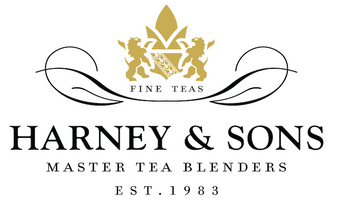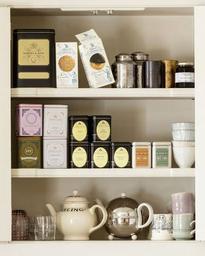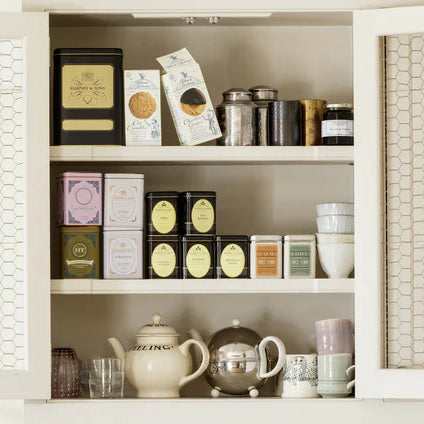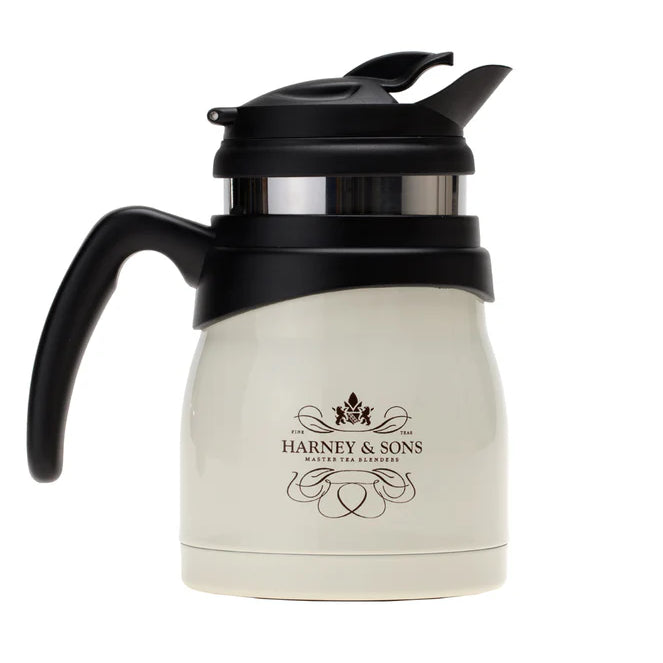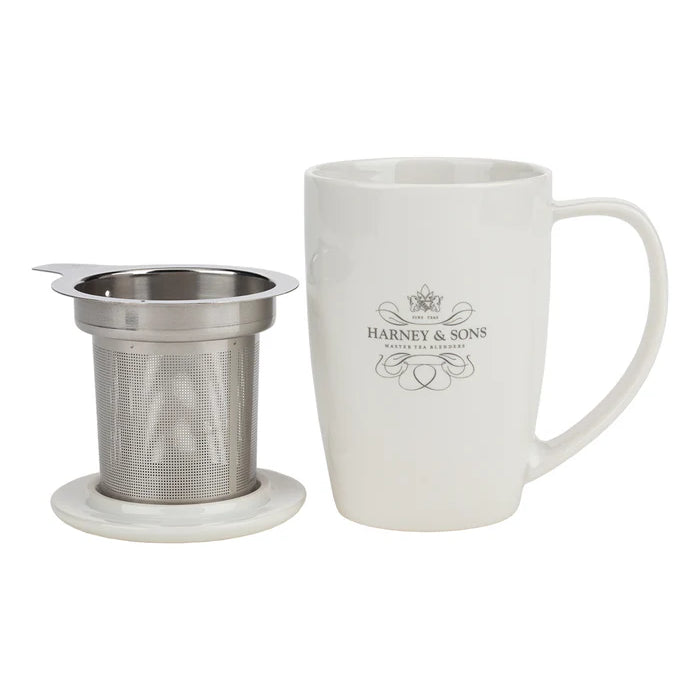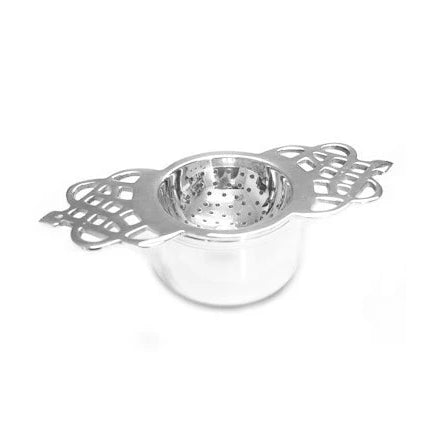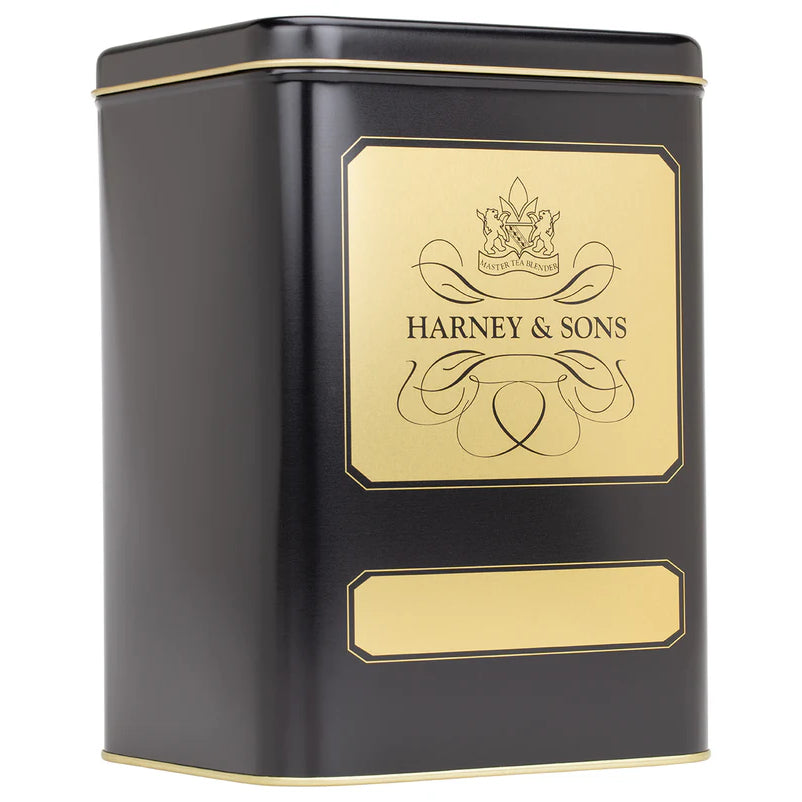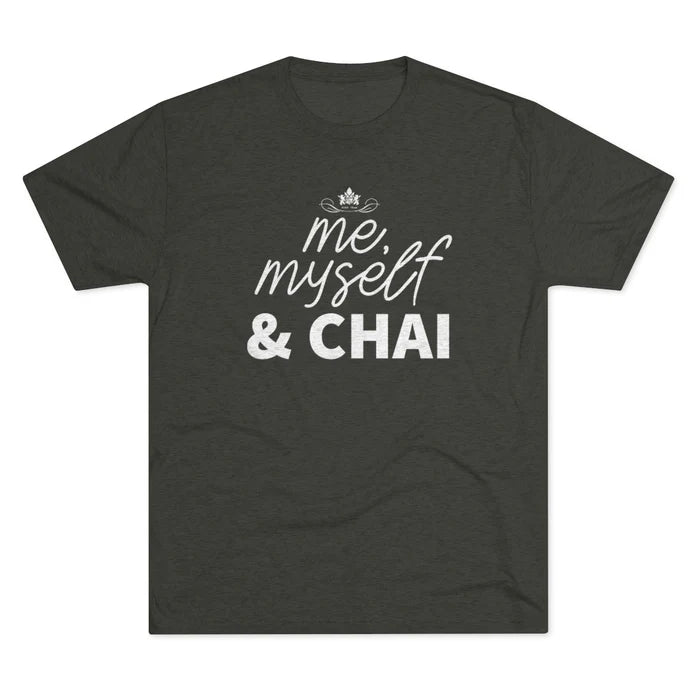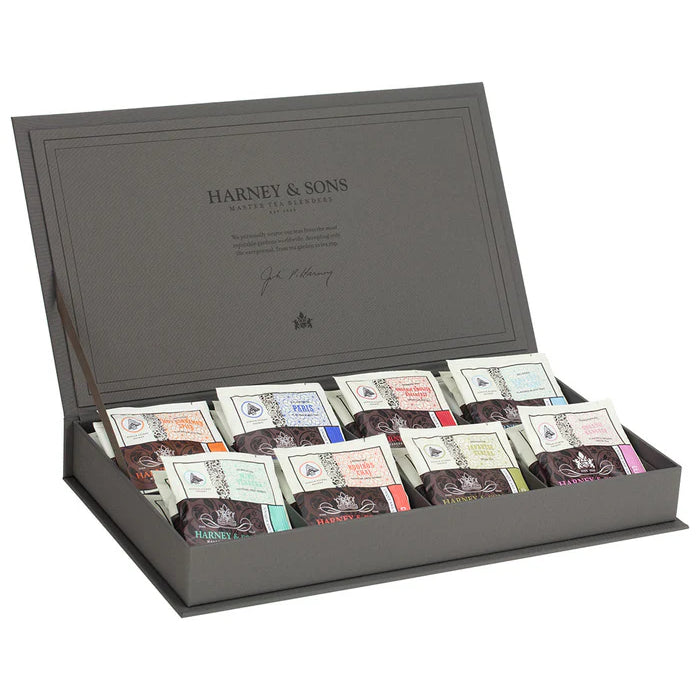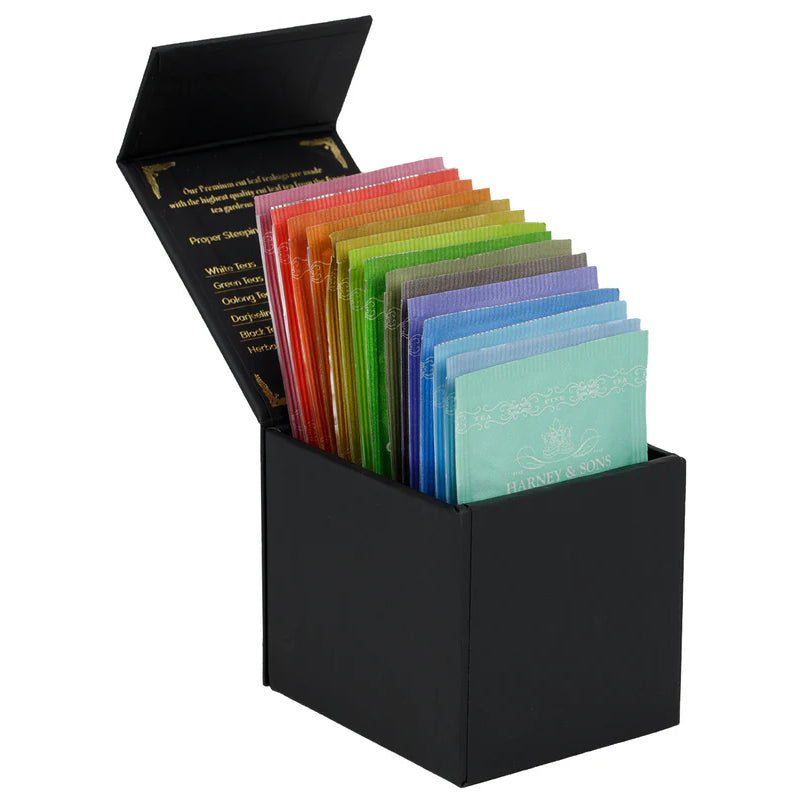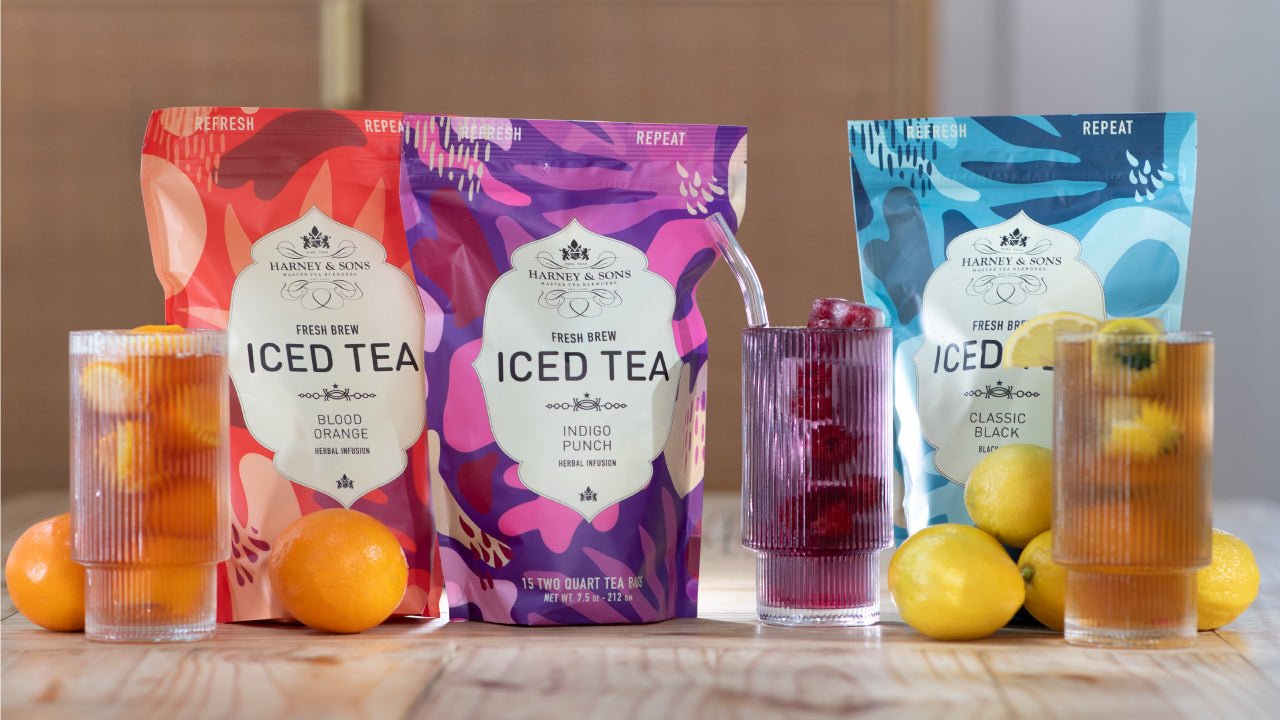When it comes to understanding tea, it’s probably fair to say no one has ever understood it better than the ancient Chinese. That makes sense since, as legend has it, around 2700 BC a Chinese emperor stumbled upon the notion of drinking tea when some leaves landed in a pot of water he was purifying. Rather than fish it out, the emperor decided to drink the tea leaf-infused water, and the rest is history. From then on, the Chinese couldn’t get enough tea, and since they didn’t have TV or social media or the British monarchy to distract them, they could spend a good amount of time exploring their new favorite beverage.
“Water is the mother of tea, the teapot is its father, and fire the teacher” is an ancient Chinese proverb that still holds true today. While we’ll touch on the second and third aspects of that proverb, this article will focus on the first: water is the mother of tea.
What Is the Best Water for Making Tea?
The answer to this question is always going to be the cleanest, most pure water you can find. If you’re lucky enough to live next to a spring, great! Spring water is ideal for making tea. Next best is filtered water to get rid of the impurities and chemicals that will get in the way of a great-tasting brew. You may not think it makes a difference, but it does.
This means that while you can use tap water, if that water is hard and sulfurous or contains chlorine, the quality of your tea will be affected. Consider investing in a water filter or purifier to eliminate chemicals like chlorine from your tea – we promise you’ll enjoy a better-tasting brew. Straight tap water may be safe to drink, but it will not allow your tea to be all that it can be!
Wondering what the difference is between purified water and distilled water, and if distilled water is safe to drink? While distilled water is a type of purified water and is safe to drink, it’s not the best choice. Distilled water has been stripped of any minerals, like calcium, sodium, and magnesium. These minerals give water its familiar taste, which means distilled water has a flat, blah taste because all you’re drinking is hydrogen and oxygen. Save the distilled water for your iron or for washing your hair. Your clothes will be less wrinkled and your hair a bit shinier because distilled water does have its place – it’s just not in your tea.
So the next time you go to fill a kettle with water for tea, remember that water is the mother of tea. But what about the father and teacher parts of that ancient Chinese proverb?

Who’s Your Tea’s Daddy?
The second part of the proverb says that “the teapot is its (tea’s) father” – what does that mean, you ask? Some say it means that the teapot is just as important as the water and leaves. Another thought is that the pot is an important part of bringing the tea ritual full circle.
While you certainly can make tea one cup at a time, as we all do every day, there is something very fulfilling about warming a teapot and letting tea steep in it before pouring into a cup. It gives space for a more nurturing process of allowing the tea-brewing experience to achieve its full satisfying potential.
But between choosing the water and steeping the tea is the final part of the proverb: heating the water.

Not All Hot Water Is Equal
The proverb concludes with “and fire the teacher.” While they didn’t have microwaves in ancient China and probably meant that the hot water unleashes the tea’s properties and informs us of its flavors, today’s fire lesson is about microwave versus kettle.
Much like what kind of water you choose for brewing your tea is a game changer, how you heat it has an impact as well. Heating water in a kettle more evenly distributes the heat than a microwave, resulting in a more uniform tea-drinking experience. Still not convinced? Check out our Kettle or Microwave? What’s the Best Way to Heat Water for Your Tea blog where we use actual scientific facts, mind you, to prove our point.
If you want to run some fun tests of your own, try making your favorite Harney tea with different types of water and see what your results are. When it comes to water and tea, however, just remember that other old saying: “Mother knows best!”
